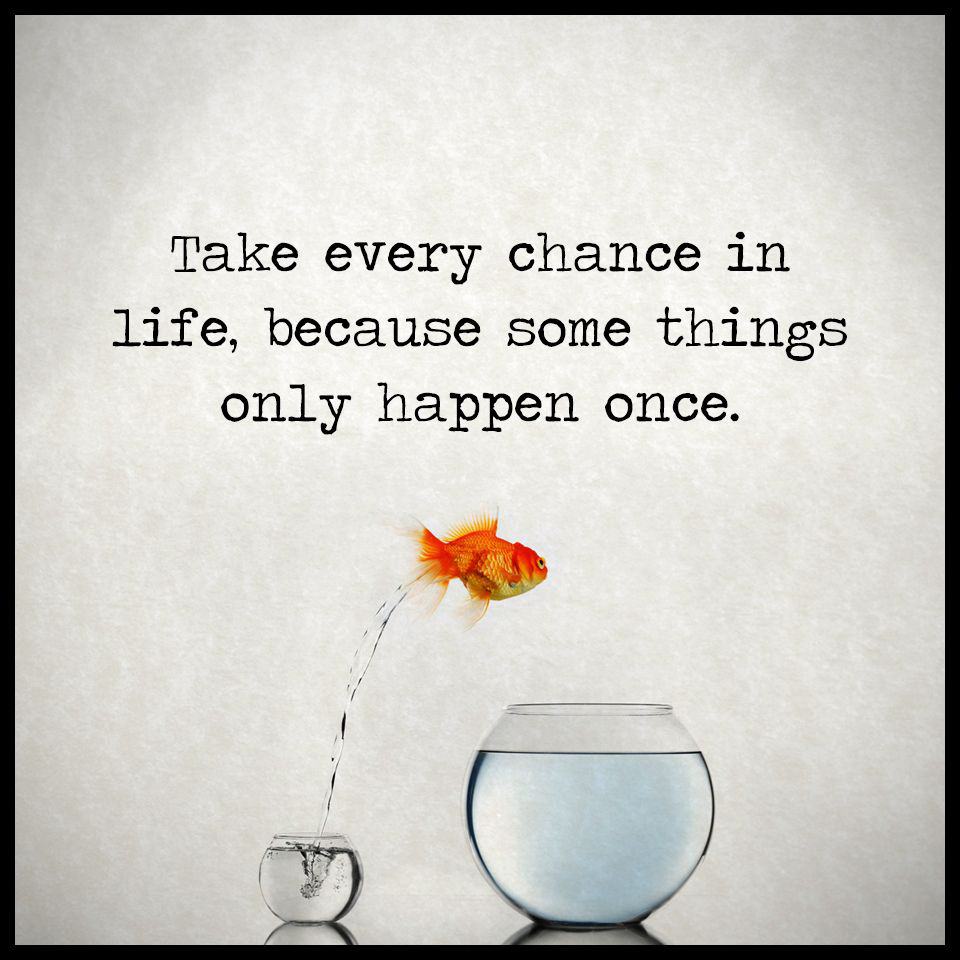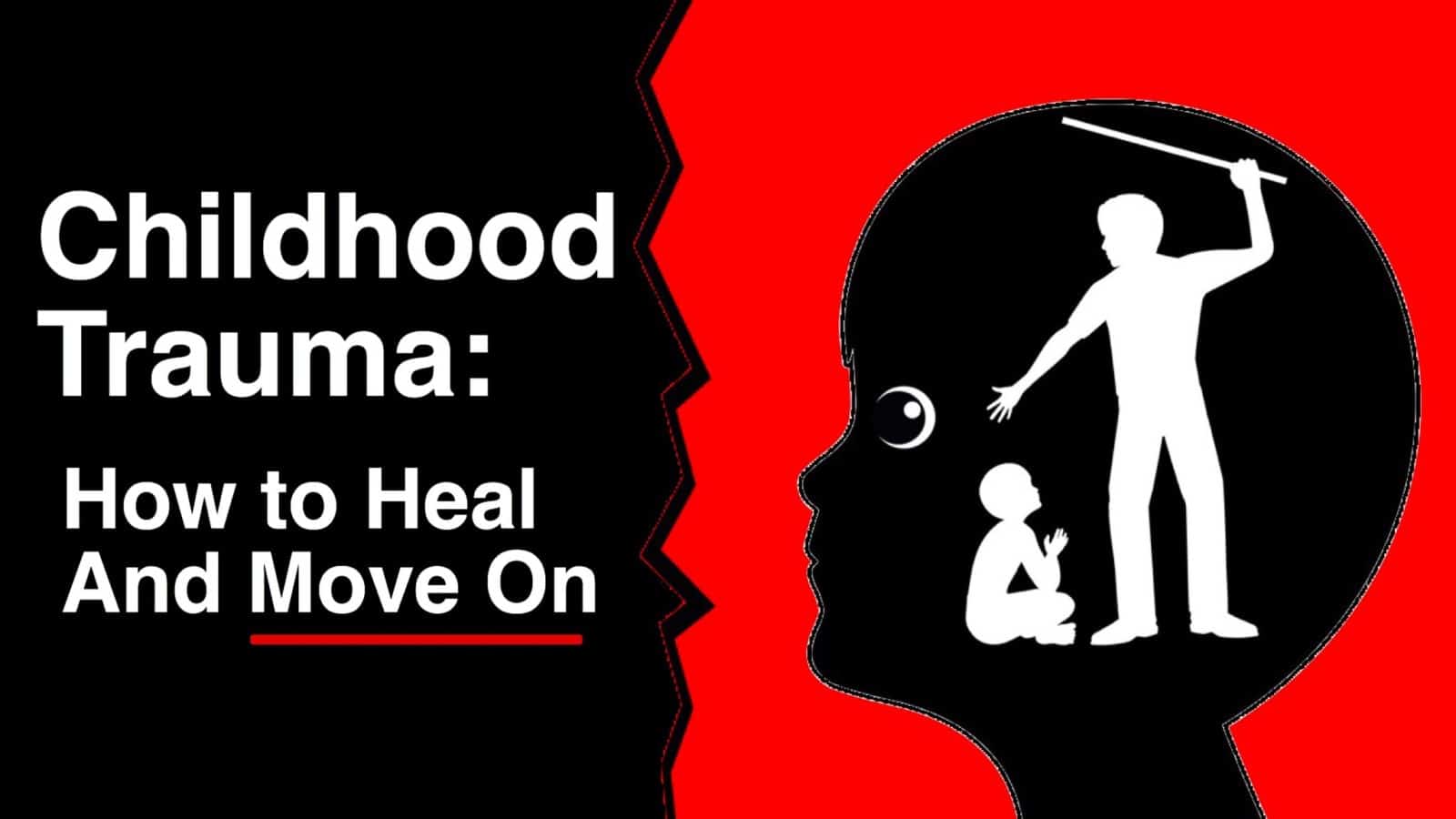Everyone has some negative qualities, but those with negative personality types take it a step further. Negative personality types tend to act as if they have been victimized in most situations. This behavior makes it hard for others to be around them, leading to feeling isolated.
Negative personality types often act victimized by blaming others for their mistakes. They acquire a victim mentality, which causes them to act as if they are always being victimized. This mentality allows them to displace blame, anger, and accusations and can seriously damage relationships.
The good news is that even the most negative personality types can change their mindset. This isn’t to say that the negative characteristics will disappear, but there is a way to get them under control. The thought process can be changed, and that will make all the difference.
Victim mentality is a complicated topic to understand. It is essential to understand, however, if you want to understand why negative personality types often act victimized.
What is a Victim Mentality?
Victim mentality causes a person to see themselves as a victim of other people’s negative actions. While this may be fine if it were true, there is normally evidence showing that this isn’t truly the case. This mentality is a trait developed over time, rather than one that someone is born with.Having a victim mentality also involves blaming other people for personal misfortunes. It is easier for the person to shift responsibility rather than admitting they are the person responsible. They won’t realize they can make a beneficial change because they don’t feel responsible for their lives.
You will notice that someone with a victim mentality believes that bad things continually happen. They also blame other people or situations for those bad situations.
Then, as they blame others, they won’t ever think that they change their life for the better. They may often use the excuse that something or someone is holding them back. It’s important to mention that this negative mindset is often a way to displace pain and stress.
Signs of Victim Mentality from a Person with a Negative Personality
Those who have a victim mentality may show some of the following signs:
- every hardship is personal, as if someone made it happen to them
- they believe that most parts of life are out of their control
- most parts of their life are negative
- they should receive sympathy because of their challenges
- improving their situations isn’t an option
- they blame other people or situations as the cause of their problems
- admitting responsibility doesn’t happen often
- they become hypervigilant around others
- watching for negative actions of others is a habit
- they always seem to be waiting for something bad to happen
- when they receive sympathy, they bask in it
- they often believe that everyone else is more fortunate than they are
- constant self-pity and pessimist
- repressed anger
- they create elaborate and convincing stories to explain how they were a victim
- often act entitled and selfish
- they quickly become defensive and accusatory
- taking risks isn’t an option for them
- they underestimate themselves and often fear powerless
- negative self-talk
- lack of empathy
- they focus on the negative and don’t look for a solution
- often wish for revenge against the other person
- when they are offered a potential solution, they find reasons for why it won’t work
- they are not assertive and won’t express their needs
- trust-issues
- heavily critical
How This is Different from Truly Being a Victim
When someone is a victim, it means they have experienced loss, injury, or misfortunate by no cause of their own. This could be caused by another person or by a situation beyond the victim’s control. This includes instances when they were:
- injured or harmed in another way, and they were not the cause
- they were unable to prevent the harmful situation
- another person violated their rights
How This a Negative Personality Develops
Victim mentality isn’t genetic, and most people don’t behave this way because they want to. Instead, it is a mentality that is learned and developed over time and can be caused by many things.
Past Trauma
If someone has experienced trauma in the past, they might develop a victim mentality. It can originally develop to cope, and then it simply becomes a habit and a way of life. This often happens if a person experiences a couple of traumatic situations right in a row.
People with negative personality types often act victimized because they dwell on things. Every traumatic moment in their life is thought about often, especially if it happened during childhood. This leads to smaller hardships seeming much worse than they are.
Betrayal of Trust
This is normally the case when the person seems to have trust-issues. Oftentimes, it means that their trust was betrayed repeatedly, but it can happen after just one instance.
Being Co-Dependent
A co-dependent person often puts their desires and goals on hold for their partner. Eventually, it will cause a victim mentality to feel like they don’t get what they want or need. They have difficulty realizing that they could change this on their own, so they begin to feel helpless.
How to Deal with a Negative Personality Type that Acts Victimized
While the negative person can change their mindset at any time, they often don’t realize that their behavior is an issue. Or, if they do realize it, they don’t know how to make it happen, so they don’t do anything about it.
You’ll likely find it to be difficult to spend time with someone who always acts victimized. Sometimes there is no other option, however. Try to remind yourself that they have likely faced trauma in their life that has made them this way.
While you shouldn’t take responsibility when they try to blame elsewhere, you can show them empathy. If you find yourself the subject of their accusations, try the following:
- don’t openly label them as having a victim mentality
- nicely bring up the behaviors you are noticing
- set boundaries and enforce them
- offer solutions that might help them
- try to envision yourself in their situation
- offer encouragement
When you gently bring up the behaviors, it can open up a discussion. The person might express their feelings positively and allow for further discussion.
Setting boundaries is helpful because you are no longer allowing them to blame you for their hardships. They will have to own up to them, and they’ll understand that you won’t comply with their negativity. Even as you help them, you may have to remind them that their behavior toward you is unacceptable.
While it was stated before that offering solutions will only result in their reasons why it won’t work, there is a way around this. Once you’ve started a positive conversation about it, they may be more susceptible to your ideas. Plus, you can help them brainstorm ways to work and make suggestions rather than giving direct advice.
From there, you can encourage them. Tell them what you think they are good at and remind them of the things they have achieved. This can make all the difference in helping them overcome victim mentality.
When you put yourself in their position, you can think about all the ways they are feeling. They likely feel hopeless and like they have no support. Plus, they often have low self-esteem, depression, and other mental disorders, hard to live with.
What to Do If You’re the One Acting Victimized
It is important to acknowledge when you are the one behaving like a victim. Addressing this issue is important because having a victim mentality has a terrible effect on your mind. It will hinder your potential in life and hold you back from achievement.
If you can’t seem to change your mindset on your own, it’s normal to look for outside help. A professional therapist can help you overcome the victim mindset. Plus, they can help you with the root cause of the issue, making your life that much easier.
Final Thoughts on Why Negative Personality Types Might Act Victimized
Negative personality types often act victimized because of the victim mentality they develop. Some people might develop this mindset due to childhood incidents. Negativity is not genetic. It can also develop if any family members or caregivers had a victim mentality because it can be learned.
While it’s important to set boundaries with these people, try to show compassion. They are truly feeling pain or anger inside, which is the only way they know to cope. If you can’t or don’t want to walk away, try to help them as much as possible without bringing yourself down, too.
If you are the one with a victim mentality, remember how important it is to change this mindset. There is help out there if you can’t do it on your own, but you must do something. Victim mentality and negative personality can be addressed and fixed with the right thought process.
















 Community
Community

